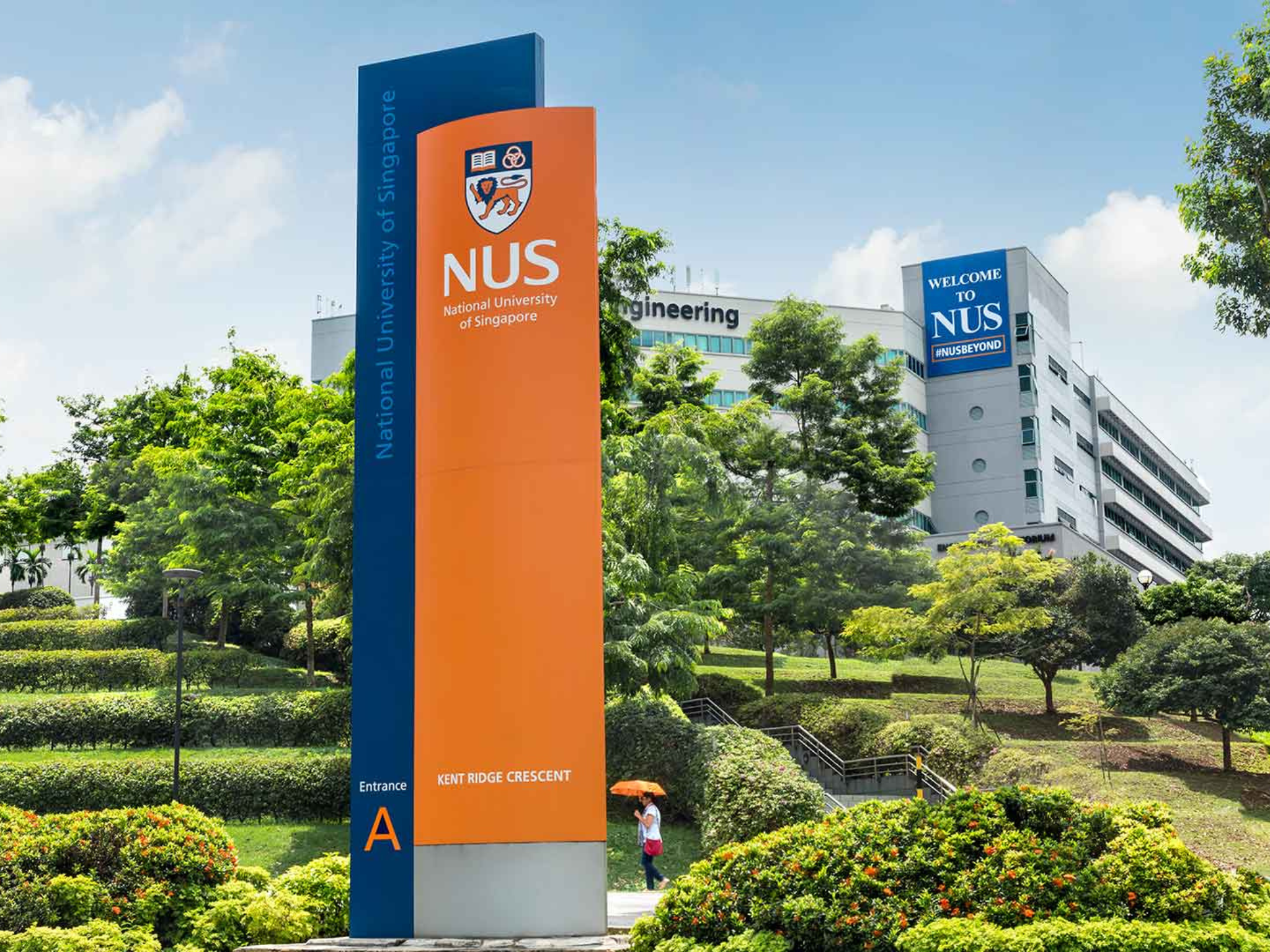Bezos Earth Funds Opens Third Alternative Protein Centre at National University of Singapore
8 Mins Read
The Bezos Earth Fund has inaugurated its third Centre for Sustainable Protein at the National University of Singapore, labelled as an “absolute powerhouse” of alternative proteins.
Biomass fermentation, microalgae innovations, and hybrid meats are all on the menu at Bezos Earth Fund’s latest Centre for Sustainable Protein.
The third of its kind, this site was always going to be in Asia, as reported by Green Queen in June. And today, the fund inaugurated the research hub at the National University of Singapore (NUS).
“The decision to do this in Singapore was a simple one,” Andy Jarvis, director of Bezos Earth Fund’s $1B Future of Food initiative, tells Green Queen. “Singapore is an absolute powerhouse when it comes to alternative proteins – it was way ahead of so many other countries in the world.”
“The government has made the strategic decision to focus on this and [has] invested. You have an incredibly dynamic innovation ecosystem on alternative proteins, and you had the government take the lead in regulating cultivated meat two years before the rest of the year of the world,” he adds.
It follows the establishment of its sister centres at North Carolina State University in May and Imperial College London in June. Like the other two hubs, the Singapore Centre for Sustainable Protein has been set up with a $30M investment, as part of a total commitment of $100M for alternative proteins. The remaining $10M will go towards an ancillary grant.
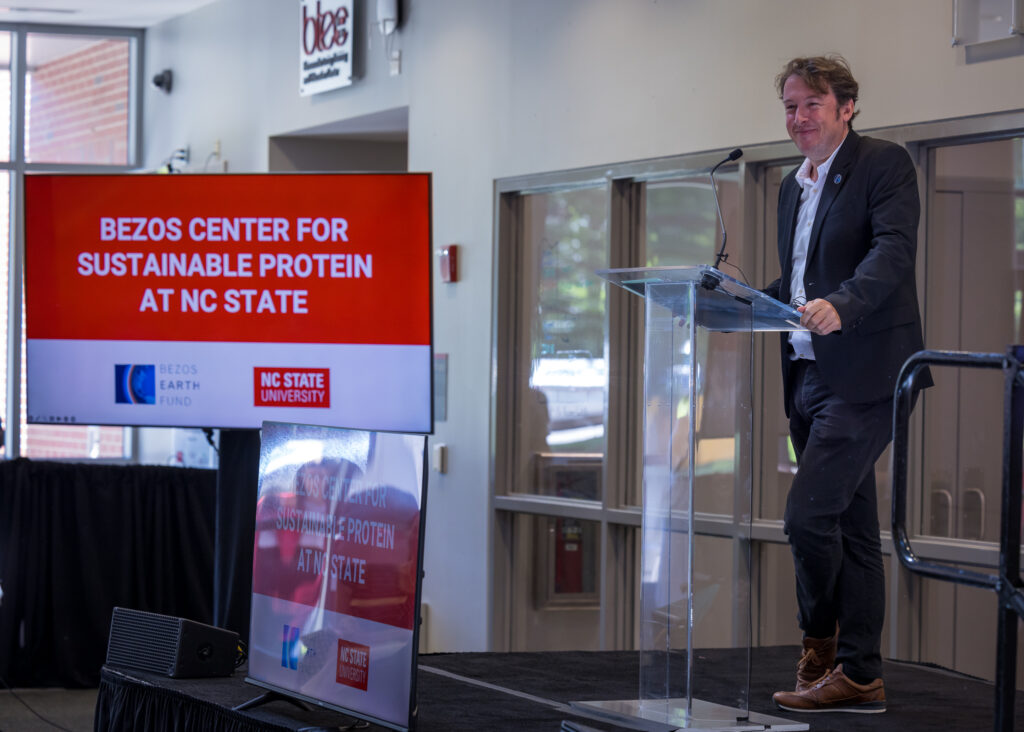
The Singapore Centre for Sustainable Protein will primarily focus on microalgae and biomass fermentation, alongside research into cultivated meat and plant-based tech, with a view to creating what the fund calls “ultimate proteins”: hybrid meats that combine cultivated cells with plant- and fermentation-derived ingredients to match conventional proteins on taste, price and nutrition.
The hub at NUS – a top 10 university globally – will also integrate cross-cutting platforms covering nutrition science, safety, and consumer acceptance in its research.
“The decision particularly to fund the NUS was through a process where we invited a number of proposals from a number of different institutions, and those were evaluated,” says Jarvis. “We went in total around the world to 14 different universities, and we felt this proposal from the National University of Singapore’s absolutely first class.”
Nutrition and consumer research at the forefront
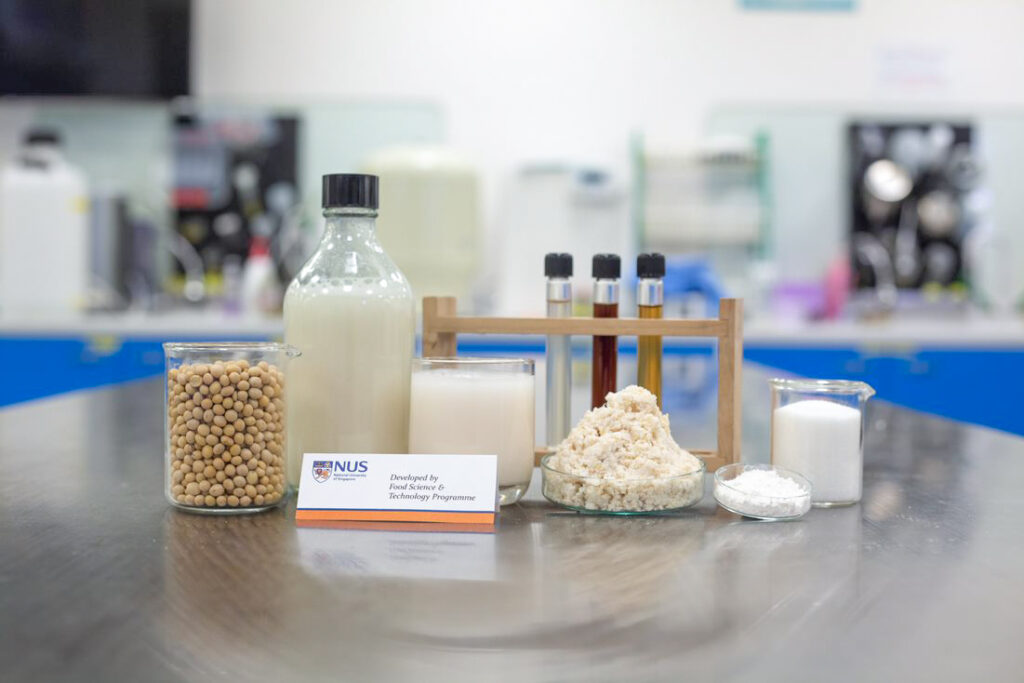
Bezos Earth Fund’s latest alternative protein centre will zero in on regional preferences and battle food insecurity – globally, nearly 10% of people go hungry every day – amidst a population that will number 10 billion by 2050.
To do so, it will work closely with industry, government and academic partners. One of these is alternative protein think tank the Good Food Institute (GFI), which played a key role in helping the fund develop its vision for the alternative protein centres.
“By connecting Singapore’s brightest scientific minds with their counterparts in other global innovation hubs, the Bezos Centre at NUS has the capacity to fully unlock the enormous economic and ecological potential of sustainable proteins,” said Mirte Gosker, managing director of GFI APAC.
The NUS centre aims to conduct clinical trials to evaluate the metabolic and health benefits of alternative proteins, particularly in Asian populations. Researchers will also develop cell- and computer-based technologies to explore these foods’ effect on humans, with the ultimate aim of building a next-generation risk assessment framework in collaboration with regulators and industry stakeholders.
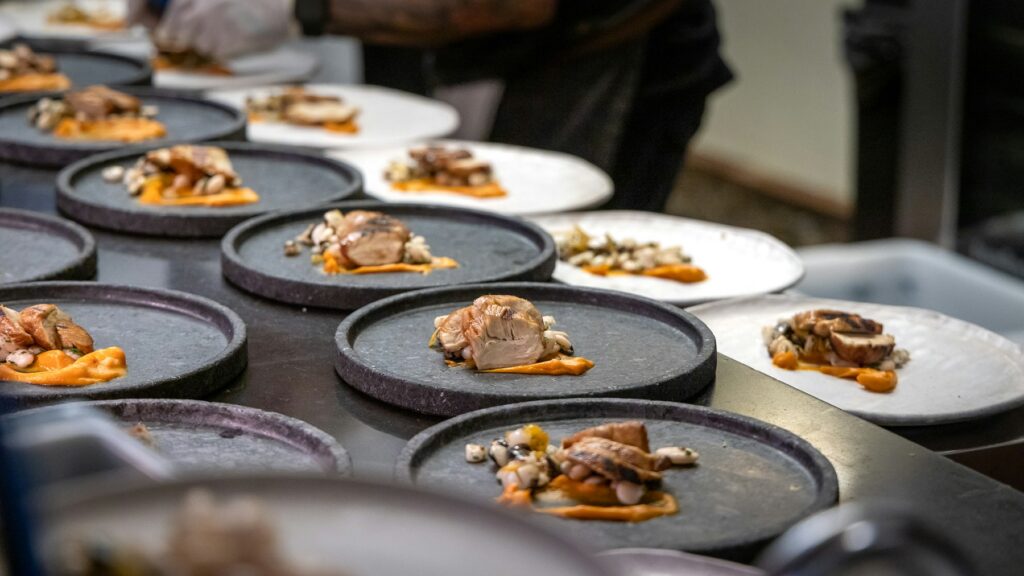
Consumer acceptance is another key aim, spanning risk communication and behavioural research to help encourage the adoption of sustainable proteins. The centre will analyse methods to incorporate scientific rigour in public communications on novel foods, understand the current demand for these proteins, and amp up their preference over conventional meat.
“NUS and the Bezos Earth Fund are united by a shared commitment to actively combat climate change. The world’s growing appetite for meat has put a huge strain on our global food system, and we need to develop sustainable food solutions with researchers, government and industry,” said NUS president Tan Eng Chye.
Sir Andrew Steer, president of the Bezos Earth Fund, stated that Asia is “pivotal to the future of sustainable proteins”, and Singapore leads the way: “The new Centre at NUS harnesses the region’s influence and expertise to drive solutions that can reshape food systems globally, with significant potential impact for East and South-East Asia’s 2.3 billion consumers.”
Biomass fermentation and hybrid meat research go hand-in-hand
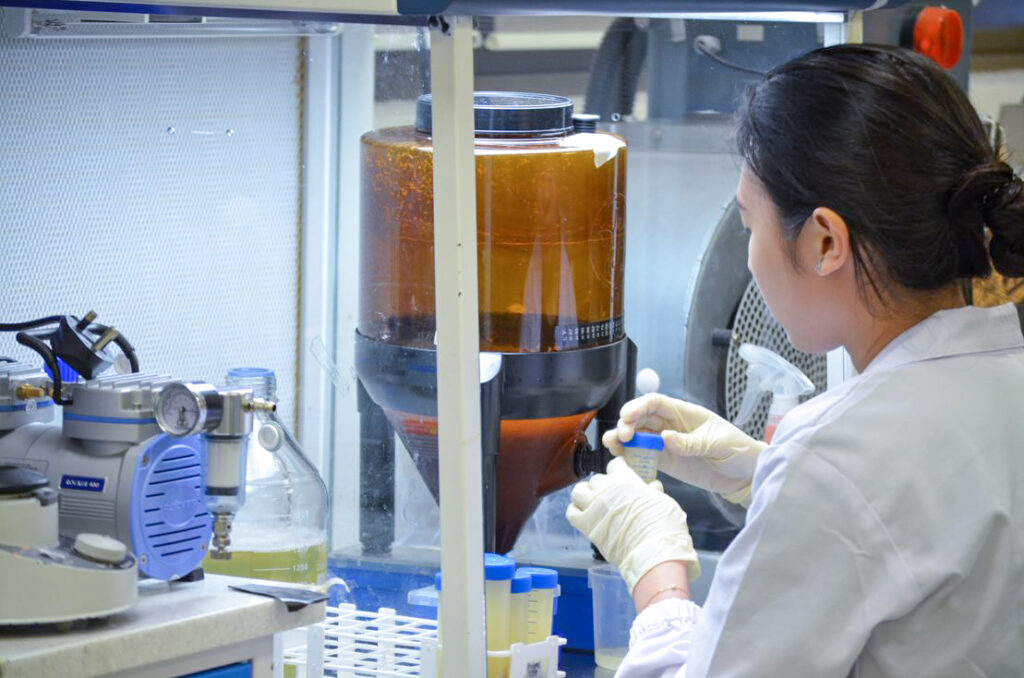
Asked why biomass fermentation is a central focus area, Jarvis says it’s an area that represents “enormous opportunity”, since it often uses biomass sourced from food industry sidestreams. “It has the promise to be an incredibly cost-effective way of producing high-quality proteins for this market,” he notes.
One example of this promise is the NUS hub’s research on using soy whey from tofu waste to feed algae and create proteins. “It’s a fascinating idea,” says Jarvis. “How can we use a byproduct from tofu – that liquid – and then use particular strains of microalgae that can make use of that liquid and produce a high-quality protein?
“The university has been looking at this and is ahead of the game. They have some strains that they believe are really promising and the work of the centre will really go in and comprehensively analyse those processes.
“The idea, as with all of these Bezos Centres for Sustainable Protein, is to make this research and this knowledge open-access, and then any company or startup can take that knowledge and process, and put it into products they take to market.”

But this is among a number of other things the centre is doing. “We’re not only focused on biomass fermentation – that alone is unlikely to solve all of these problems,” explains Jarvis. This is why the centre will look into creating microbial proteins that can be further developed into hybrid meat, combining them with plant and/or cultivated proteins to enhance their taste, affordability and health credentials.
“Hybrid proteins, I think, are important more and more,” says Jarvis, echoing what many investors feel. “We’re seeing you can reach cost parity when you develop these hybrid proteins, and so that will be an additional focus.”
It’s why the hub will explore cost-effective methods to produce cultivated meat in the kgs for hybrid applications, as well as extract specific plant-based proteins from industry sidestreams to use as cultivated meat scaffolds or be turned into meat analogues via 3D printing and other technologies.
“I don’t think it’s kind of one over the other,” Jarvis says. “Let’s look at biomass fermentation, and let’s look at how those also combine with other types of sources of protein – cultivated and plant-based – to boost those products.”
Asia ‘absolutely critical’ for alternative proteins
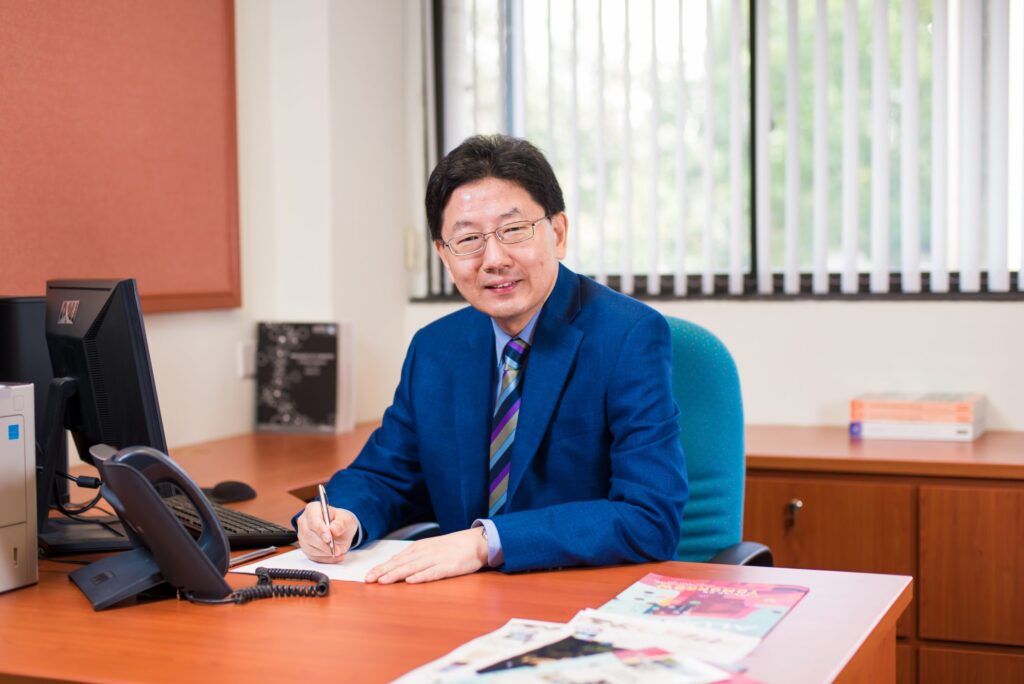
There are 23 principal investigators who will lead research at the new Centre for Sustainable Protein, from institutions including NUS, Nanyang Technological University, Singapore Institute of Technology, and ETH Zurich.
They will also focus on talent development via education schemes, and venture-building programmes at NUS Enterprise, which will translate research into practical solutions. Doing so will help accelerate the adoption of alternative proteins across Asia-Pacific.
Zhou Weibiao, head of NUS’s food science and tech department, said the university is well-positioned to host the new Centre, thanks to its extensive research expertise, strong alternative protein partnerships, and its deep understanding of areas like nutrition, safety, and consumer perceptions.
The first two hubs at NC State and Imperial received co-funding from a range of partners – for example, in addition to the $30M poured in by the Bezos Earth Fund, the London centre benefitted from another $20M from the university as well as other organisations and companies.
“We’re also looking for co-funding and co-investment from the ecosystem itself here in Singapore,” reveals Jarvis. “It’s no exception, and we continue to dialogue about how to maximise this so that the centre has real buy-in both from within Singapore and around the ecosystem.”

In a wide-ranging interview with Green Queen in June, Jarvis had outlined the intention to make all three centres complementary to each other. Expanding on that, he says the idea is to cover many parts of the industry’s challenges and “complete the puzzle of what’s needed to make alternative proteins much better as a technology”.
NC State had a biomanufacturing focus, while Imperial looked at engineering biology. NUS’s spotlight on biomass fermentation and hybrid proteins aligns with its sister sites, according to Jarvis.
“It’s also geographically complementary here in Asia. Asia is an absolutely critical market for alternative proteins,” he adds, echoing Steer’s point about East and Southeast Asia being home to 2.3 billion people, making them the two most populous regions in the world.
“This is where we are seeing enormous growth in the demand for animal-sourced foods,” says Jarvis. “What happens in Asia has global implications, and so having a centre based in Singapore is also very complementary and very important as a geographic hub.”

